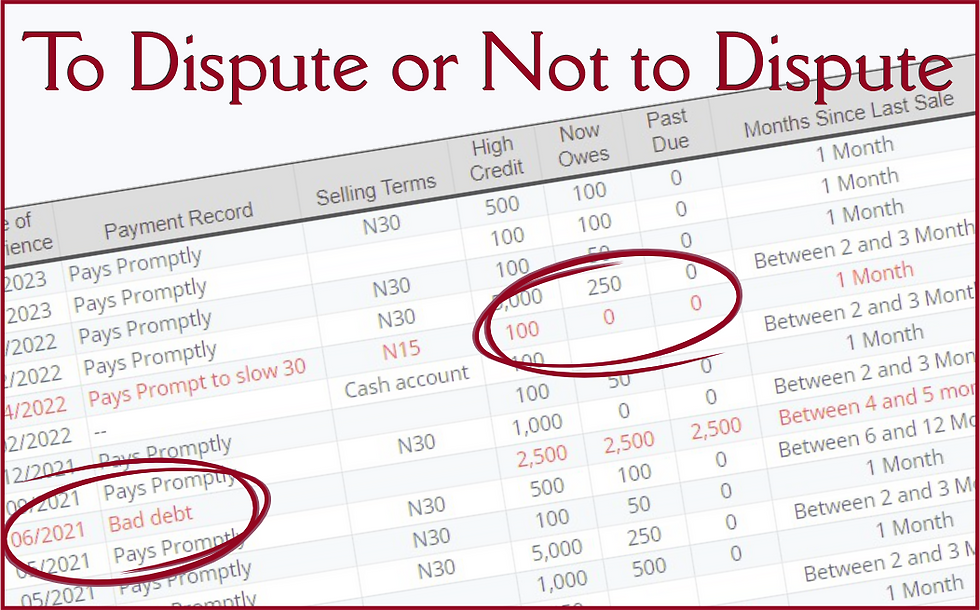VENDORS: Why "more-of-the-same" is better
- Joy Greenwood
- Oct 2, 2018
- 4 min read
Updated: Feb 3, 2022
How many vendors does your company utilize over the course of a year? Depending on what type of business you have, that number could vary significantly. You may have one "go-to" provider for some items, but multiple suppliers for other items or services you use on a day-to-day basis.
While your company may have fewer suppliers than your favorite coffee shop down the street, if you look at THEIR vendor list, you may find there's a good reason to focus on "more-of-the-same" vendors for your company, too.

Pretend for just one minute that YOU are the owner of that little coffee shop and diner down the street. It's unlikely all of your daily needs would come from just one distributor, so it's easy to identify which areas where you might need to have multiple suppliers —
Multiple vendors for dishes, glassware, and utensils
A different one for the heavy coffee mugs
And a different one for the Styrofoam cups and to-go boxes
And another for your pots, pans, and cooking utensils
There's a vendor to lease the coffee machines
And another for the actual coffee grounds
And another for the filters
And then there's the soda supplier
And the water supplier
Multiple vendors for perishable food products like bread and fruit
And more for non-perishables like sugar, flour, ketchup
And one for dairy items like creamers, toppings, and milk
Multiples for durable items like napkins, mops, and containers
You may have bought your own table linens
Or you contract with a separate service that provides them
And then a different one for aprons, towels, and rags
One where you buy the staff's uniform tops
And another for their individual name pins
And one that prints your signs and menus
And one for printer ink so you can print your own as needed
One for cleaning supplies and disinfectants
And the pest control company
And the security camera company
A refrigerator guy
A stove guy
The grease-trap guy
And the electric company
And the gas company
And the phone company
A rep for your business insurance
And another for fire and casualty insurance
And another for your health insurance
And your accountant at the end of the year
You get the idea... But the point is that this company is defined as a restaurant and coffee shoppe, so it's going to need "more-of-the-same" suppliers in specific restaurant-based vendor categories.
But even if you don't own a restaurant, you're still going to draw from an equally diverse group of vendors that specifically suit your company's day-to-day business needs, and you're probably going to have multiple vendors for some of the products or services you use. The type of vendors you use helps to verify your primary line of business.
Several scores and ratings in the D&B report are dependent on the diversity of your vendors and suppliers usually found for your specific industry classification or SIC code. (That's why it's important to have the right SIC codes in your D&B report. Note that I identified the business above as a coffee shop AND a diner.)
D&B judges your company's capacity to survive on whether you have the right types of vendors for your industry classifications, and whether you have "more-of-the-same" vendors in those specific categories that prove your capability.
Every business is going to be different, and every business is going to have different vendor needs. Very rarely, however, are you only going to have just one supplier in the category that most broadly defines your business, and that's where "more-of-the-same" comes into play!
If I had chosen to outline the needs of an auto-repair shop instead of a coffee shop, then I know that D&B would be looking for certain types of suppliers related to that industry, and specifically "more-of-the-same" vendors that pertain to what other auto repair companies use, such as parts suppliers, degreasers, lubricants, tools, diagnostic equipment. At the same time, that same repair shop may only have ONE provider things like uniforms, rags, business cards, printed forms, or advertising.
If we were breaking down a trucking company or courier service, the list would include multiple suppliers for things like tires, fuel, parts, logistics, pallet companies, licenses, and repair shops, but only one supplier in fields like CB radio retailers, websites, or factoring services.
If it were a hair salon, D&B would be looking for a rented space, maybe a couple vendors who sell salon equipment, once-a-year purchases for booking services, appointment card printers, and ad space, but multiple "more-of-the-same" vendors for beauty supplies or hair care.
For a property management or real estate flipper, they would be looking for HVAC contractors, landscapers or landscaping suppliers, roofers, plumbers, concrete companies, windows, carpet, staging companies, title or holding companies, but a vast assortment of "more-of-the-same" categorized as providing building materials.
For a consulting company, we would expect to find multiple lead services and advertising providers, but just a few for travel expenses, office supplies, phone services, booking agencies, portfolio supplies, licensing, and subscriptions.
Vendor diversification means you have more than one option in the category that BEST defines your business. The more vendor options you have, and the "more-of-the-same" vendor options you can show, the more likely your business will have the capability to sustain profitable and creditworthy operations over the long run.
Give me a call if you need to find "more-of-the-same" vendors to help build or boost your credit capacity. Credit consultations are always free.




Comments